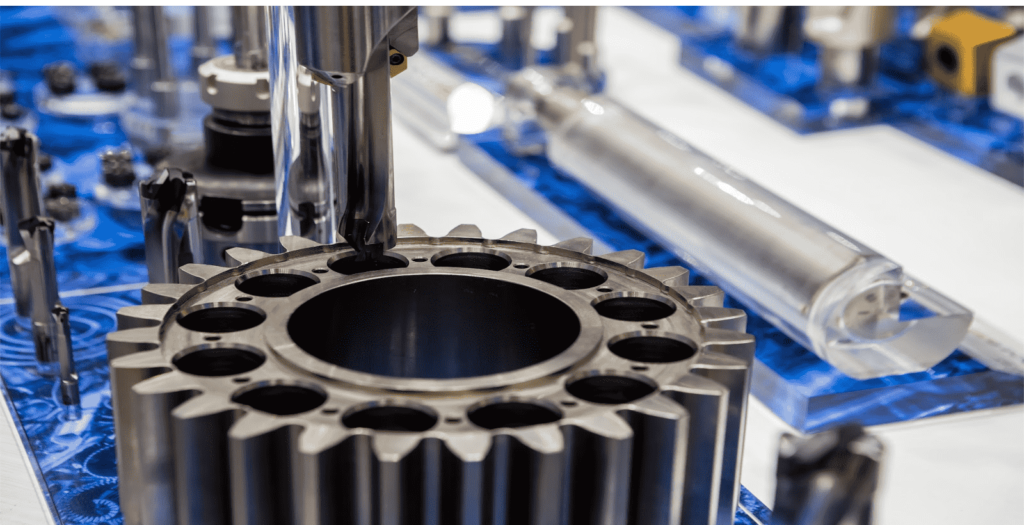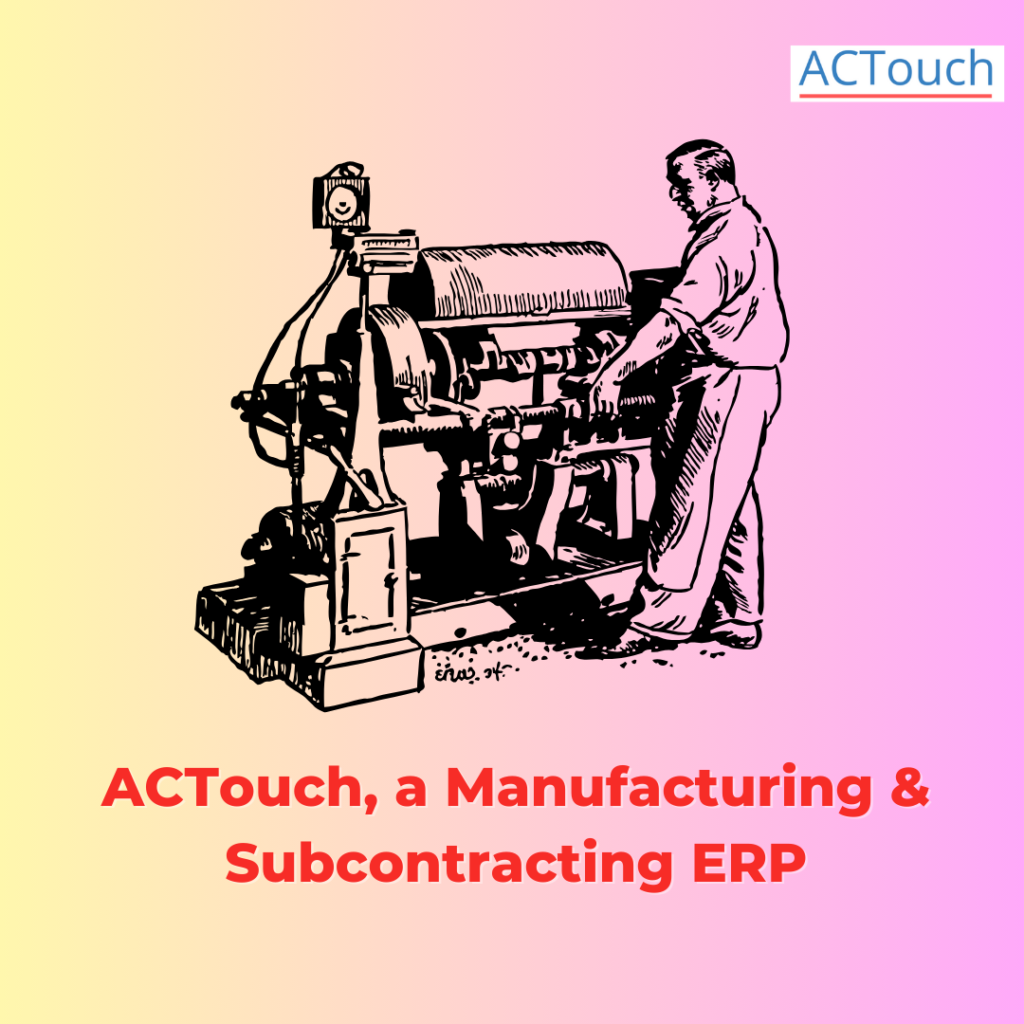Manufacturing: Boosting Your Business with the Power of Production
What is Manufacturing?
Manufacturing is the process of converting raw materials, components, or parts into finished goods through a systematic production process. This involves a series of steps, including designing, assembling, testing, and packaging, with the ultimate goal of creating products ready for distribution and consumption. Manufacturing plays a vital role in the global economy, contributing significantly to job creation and economic growth.

What does Manufacture mean?
Manufacture, in its simplest form, refers to the act of producing goods through the application of labor, machinery, and technology. It involves transforming ideas and raw materials into tangible products that cater to specific needs or demands in the market. The production process can vary significantly based on the industry and the complexity of the product being produced.
How do you Define Manufacture?
Manufacture is the art and science of harnessing resources to create goods. It requires careful planning, skilled labor, efficient machinery, and quality control to ensure that the final products meet the desired standards. Manufacturers constantly innovate and refine their processes to improve productivity, reduce costs, and maintain a competitive edge in the market.
What are Manufacturing companies?
How do you define them? How many types? Manufacturing Companies / Production units are enterprises that engage in the production of goods. They encompass a diverse range of industries, from automotive and electronics to food and textiles. These companies are responsible for the creation of products that satisfy consumer demands and industry requirements. They employ huge capital to build factory automation, gives more employment opportunities and increase country’s GDP too.
Manufacturing with partners are called Contract Production or Subcontracting depending on the level of manufacturing process to be done. Are you doing a entire product outsource with contacts or not?
Many times the OEMs, product design, sample product development and define a process for large-scale production and its plans. Once its confirmed, the work of conversion of raw materials to finished product with manufacturing output cost savings makes a business sense to outsource the work to contractors / 100% outsource. This reduces operating costs and directly impact the average cost of finished products too.
For example many automotive companies in United States outsources the manufacturing process work to Mexico’s manufacturing industries.
There are several types of manufacturing companies:
Job Shops
These companies produce custom-made products based on specific orders from customers. They often handle small-batch productions and provide personalized solutions.
Batch Process Manufacturers
Batch Process manufacturers produce goods in batches or groups, often using assembly line processes. This method allows for more efficient production and easier quality control.
Continuous Manufacturers
Continuous manufacturers have continuous production processes, usually found in industries like oil refining and chemical manufacturing. These processes run non-stop, resulting in a steady flow of products.
Discrete Manufacturers
Discrete manufacturers produce distinct items that can be easily counted and identified, such as electronics or furniture.
What is Lean Manufacturing?
Lean Manufacturing, often referred to simply as Lean, is a production philosophy and systematic approach that aims to maximize value while minimizing waste in the Production process. Developed by Toyota in the 1950s, Lean principles have since been adopted by numerous industries worldwide due to their effectiveness in enhancing efficiency, quality, and overall business performance.
The core principle of Lean Manufacturing is to identify and eliminate various forms of waste or non-value-added activities, known as “Muda” in Japanese. By eliminating waste, companies can optimize their resources and focus on activities that directly contribute to the creation of value for customers.
There are seven types of waste targeted in Lean Manufacturing:
- Overproduction: Producing more than the customer demands or producing products before they are needed, leading to excess inventory and storage costs.
- Waiting: Idle time between production steps or delays in the production process, reducing overall efficiency.
- Transportation: Unnecessary movement of materials or products, which can lead to damage and additional expenses.
- Overprocessing: Adding more value than the customer actually requires, resulting in wasted resources.
- Inventory: Excess stock that ties up capital, increases holding costs, and can lead to obsolescence.
- Motion: Unnecessary movement of workers or machinery that does not directly contribute to the production process.
- Defects: Any errors or defects that require rework, causing additional costs and delays.
A practical example to understand Lean Manufacturing
Example: XYZ Electronics is a company that manufactures smartphones. They decide to adopt Lean Manufacturing principles to enhance their production process and stay competitive in the market.
- Value Stream Mapping: XYZ Electronics conducts a value stream mapping exercise to identify all the steps involved in their production process. This helps them visualize the flow of materials and information, allowing them to identify areas of waste.
- Just-In-Time (JIT) Production: To reduce inventory waste, XYZ Electronics adopts a just-in-time production system. They work closely with their suppliers to receive raw materials and components only when needed in the production process, minimizing storage costs and stockouts.
- Continuous Flow: XYZ Electronics implements a continuous flow production system, where each workstation completes tasks in a continuous sequence. This reduces waiting times and enhances efficiency.
- 5S System: XYZ Electronics organizes its workspace using the 5S system (Sort, Set in order, Shine, Standardize, Sustain) to ensure a clean, organized, and safe working environment. This reduces motion waste and improves worker productivity.
- Kanban System: The company implements a Kanban system to manage inventory levels. Kanban cards signal the need for replenishment when stock levels are low, preventing overproduction and excess inventory.
- Error Reduction: XYZ Electronics emphasizes error prevention by empowering workers to stop production if they detect defects. This reduces defects and the need for rework, saving time and resources.
- Cross-Functional Teams: The company encourages collaboration between different departments, such as design, production, and quality control, to eliminate communication gaps and improve overall efficiency.
By embracing Lean Process production principles, XYZ Electronics successfully reduces waste, enhances productivity, and improves product quality. They experience shorter lead times, lower production costs, and increased customer satisfaction as a result of their Lean journey.
In conclusion, Lean Process production is a powerful methodology that empowers companies to optimize their operations by identifying and eliminating waste throughout the production process. By adopting Lean principles and encouraging a culture of continuous improvement, businesses can gain a competitive edge, enhance customer value, and achieve sustainable growth in the dynamic world of Production process.
Types of Manufacturing?
Mass Production
Mass production involves producing large quantities of standardized products using assembly line techniques. This approach is commonly found in the automotive industry, where thousands of identical vehicles are manufactured daily.
Custom Manufacturing
Custom Production focuses on creating tailor-made products to meet specific customer requirements. Companies that produce made-to-order furniture or personalized electronics follow this approach.
Continuous Process Manufacturing /Assembly line manufacturing
Continuous process manufacturing involves non-stop production, with products being constantly refined and improved. This method is prevalent in industries such as petrochemicals and pharmaceuticals.
Batch Process Manufacturing
Batch process manufacturing produces goods in groups or batches, allowing for easier quality control and faster production. Bakeries and breweries are examples of businesses that employ batch manufacturing.
How a Manufacturing Software can improve Manufacturing business?
Manufacturing software, also known as Manufacturing Execution Systems (MES) or Enterprise Resource Planning (ERP) systems, offers numerous benefits to Production businesses:
a) Streamlined Operations: ERP / MES software automates various processes, reducing manual intervention and streamlining operations. This leads to increased efficiency and reduced production cycle times.
b) Inventory Management: The software enables real-time tracking of inventory levels, ensuring optimal stock levels are maintained. This helps prevent stockouts and reduces storage costs.
c) Quality Control: ERP / MES Software allows for rigorous quality control by monitoring production processes and identifying potential defects early on. This helps in delivering high-quality products and improves customer satisfaction.
d) Cost Reduction: By optimizing processes, reducing wastage, and improving resource allocation, ERP / MES software helps cut costs, leading to improved profitability.
e) Data Analytics: Software provides valuable insights through data analytics, enabling businesses to make data-driven decisions and identify areas for improvement.
|
FAQ
What are the key steps involved in the Production process?
The Production process typically involves designing, sourcing raw materials, production, quality control, packaging, and distribution.
How can a manufacturing company improve its productivity?
To improve productivity, a Production Unit can invest in modern machinery, implement Lean Process production principles, train employees, and streamline processes.
What are the environmental impacts of Production?
Production can have environmental impacts such as energy consumption, waste generation, and emissions. Companies can adopt sustainable practices and eco-friendly technologies to mitigate these effects.
Is automation a part of modern production units?
Yes, automation is a crucial aspect of modern production units. It involves using robots and computerized systems to perform repetitive tasks, leading to increased efficiency and reduced labor costs.
How does globalization impact the manufacturing industry?
Globalization has opened up new markets and supply chains, allowing Production companies to access a broader customer base and cost-effective resources worldwide.
Production plays a pivotal role in shaping economies and providing essential products to consumers. Understanding the various types of Production processes and embracing modern technologies like Lean Manufacturing and ERP Software can significantly benefit businesses, improving productivity, efficiency, and overall success. Embracing sustainable practices is equally important, as it ensures a positive impact on the environment while driving growth in the manufacturing sector.

